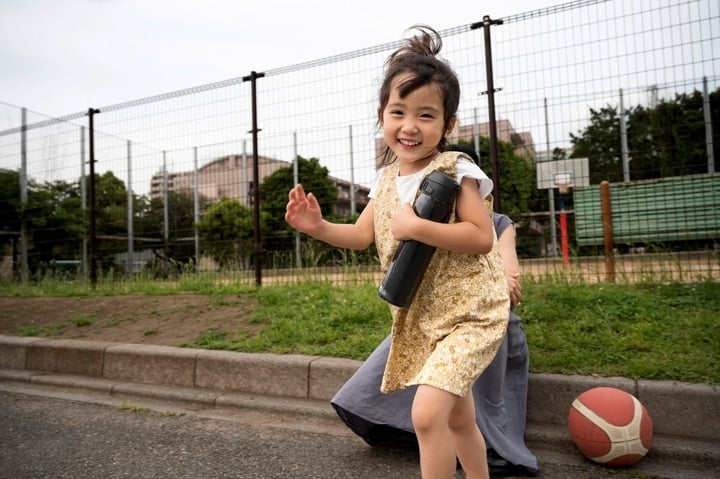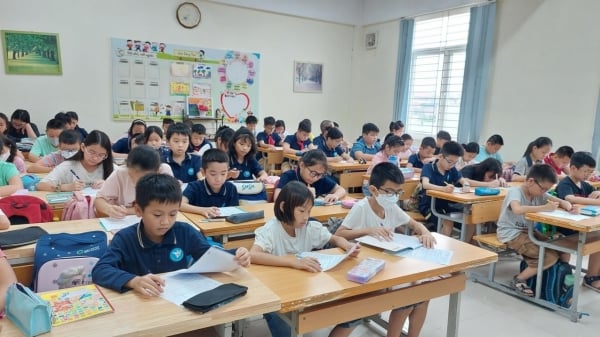
In raising three children, Dr. Jennifer Breheny Wallace realized that words, big and small, can have a profound effect on children's emotions. Parents often unintentionally send negative messages about success, making children feel pressured and unloved. For example, focusing too much on grades can make children feel that their worth is measured by their academic achievements. Knowing this has made the expert more mindful of what she says to her children. Here are five phrases she never uses. (Photo: Freepik).

1. "Your job is to learn": Excellent children are often too focused on themselves. Focusing only on personal achievements can make them selfish and limit their comprehensive development. However, children need to understand that value lies not only in academic achievements but also in the ability to contribute to the community. Ms. Wallace recommends that parents give their children a volunteer task, perhaps helping others or simply asking around the neighbors. This helps children understand that there are many things, many more ways to contribute to the community besides high scores. (Photo: Freepik).

2. “You have to do your best in everything”: Instead of demanding that your child do their best in everything, Mrs. Wallace guides her child to balance between studying and other activities. Together, they learn how to use their time and energy most effectively to achieve good results without putting too much pressure on them. For example, the expert and her child constantly discuss what it means to be a good student. For her, being a good student is not about giving 100% of your effort. That can lead to burnout and promote perfectionism. Instead, being a good student is about knowing how to strategize intelligently, avoid burnout, and maintain balance in life. (Photo: Freepik).

3. “I just want you to be happy”: Every parent wants their child to be happy, but Wallace thinks that feeling can be misinterpreted and lead to selfish, self-centered behavior. “I know I’m happiest when I feel valued and when I bring value to others. I want to pass that lesson on to my children,” she says. So she often tells her children that she wants them to find opportunities to contribute to the community, not to be better than others, but to help others be better. That’s how we live a life of meaning and purpose. (Photo: Freepik).

4. "How did you score on your history test?": Mrs. Wallace never wants her children to think that their academic performance is the most important thing to their parents, or that their grades define them. So when her children come home from school, she often asks general questions like "What did you eat for lunch today?". The expert finds that such a gentle opening can easily lead to other stories with children than asking directly about their grades. (Photo: Freepik).

5. “Have you heard from any colleges yet?”: Wallace doesn’t allow stressful college discussions to creep into her daily parent-child conversations. Instead, she schedules them, perhaps on the weekend, for an hour or so, during her child’s senior year. This has helped her family de-stress, enjoy the rest of the week, and focus on other important things in her child’s life. (Photo: Freepik).
Source: https://vtcnews.vn/ba-me-harvard-khong-bao-gio-noi-5-cau-nay-voi-con-ar913351.html



![[Photo] Closing of the 11th Conference of the 13th Central Committee of the Communist Party of Vietnam](https://vstatic.vietnam.vn/vietnam/resource/IMAGE/2025/4/12/114b57fe6e9b4814a5ddfacf6dfe5b7f)



![[Photo] Overcoming all difficulties, speeding up construction progress of Hoa Binh Hydropower Plant Expansion Project](https://vstatic.vietnam.vn/vietnam/resource/IMAGE/2025/4/12/bff04b551e98484c84d74c8faa3526e0)






















































































Comment (0)